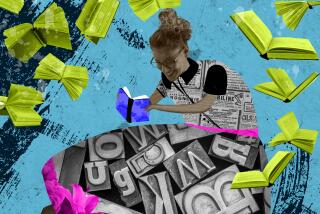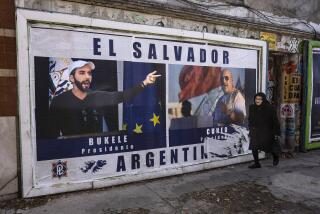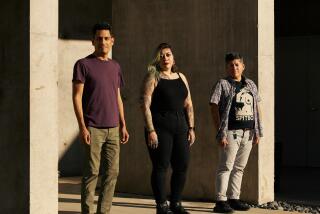A tale of two Hugos: Hugo Chavez and the ‘Les Miserables’ effect
Hugo Chavez, the Venezuelan president who died Tuesday, was an avid reader. “Read, read, read, read,” he said in a speech in 2009. “That should be our slogan every day.”
It turns out that his political position might be attributed (at least in part) to this literary cast of mind. In a New Yorker obit, writer Jon Lee Anderson remembers asking Chavez about the source of his controversial political stance:
“I asked him why, so late in the day, he had decided to adopt socialism. He acknowledged that he had come to it late, long after most of the world had abandoned it, but said that it had clicked for him after he had read Victor Hugo’s epic novel ‘Les Miserables.’”
While the politics of Hugo’s novel, the story of the convict Jean Valjean, the orphan Cosette, and Fantine (the prostitute to whom Anne Hathaway owes her Oscar statuette) are not strictly Marxist, the author certainly shows concern for the social and economic welfare of the downtrodden in turn-of-the-century France. And as Daphnee Denis at Slate suggests, the plight of France at that time was similar to the situation in Venezuela today, something Chavez used to promote his policies.
Chavez often evoked the other Hugo’s novel as a sort of catchword for the people he wanted his government to serve, those, as he put it in a 2005 speech, “who spent much of their life in total misery, like Victor Hugo would say.”
As he told a crowd during a news conference in Paris, “You want to meet Jean Valjean? Go to Latin America. There are many Jean Valjeans in Latin America. Many. I know some. You want to meet Fantine? There are many Fantines in Latin America -- and in Africa too. You want to know little Cosette and all the others … you want to know Marius? They’re all down there in Latin America.”
Chavez had literary interests beside the exploits of Jean Valjean. In his new Chavez biography “Commandante,” Rory Carroll points out that Chavez turned Noam Chomsky’s book “Hegemony or Survival” into a bestseller after holding it up during a 2006 United Nations’ speech. In 2009, he famously presented Barack Obama with a gift of Eduardo Galeano’s book “The Open Veins of Latin America.”
That year too, he introduced the “Revolutionary Reading Plan,” a program the Venezuelan opposition called indoctrination for its government recommended reading lists, and which involved the giving away of thousands of free books. The list included, besides obvious picks like the “Communist Manifesto” and “The Speeches of Hugo Chavez,” more surprising choices like “Don Quixote,” as well as works by Oscar Wilde and Edgar Allan Poe.
Of course, this literary legacy, like the rest of what Chavez’s leaves behind, is mixed. He may have been a zealous book lover, but the Orwellian “book squadrons” that patrolled subways and parks to encourage reading were something rather beyond mere literary fervor. (These squadrons, a kind of roving group of thuggish book clubs, were truly bizarre. According to the BBC: “Each squadron wears a different color to identify their type of book. For example, the red team promotes autobiographies while the black team discussed books on ‘militant resistance.’”)
These sorts of policies would hardly have found a fan in Victor Hugo. That author was a vocal opponent of authoritarianism. After all, he wrote “Les Miserables” while in exile for protesting Napoleon’s rule, a point Chavez seems to have overlooked altogether.
ALSO:
Marisa Silver’s ‘Mary Coin’ imagines ‘Migrant Mother’s’ life
Sheryl Sandberg’s ‘Lean In’ offers a feminist view from the top
Small town, magic snake in Stephen Dobyns’ ‘The Burn Palace’
More to Read
Sign up for our Book Club newsletter
Get the latest news, events and more from the Los Angeles Times Book Club, and help us get L.A. reading and talking.
You may occasionally receive promotional content from the Los Angeles Times.









